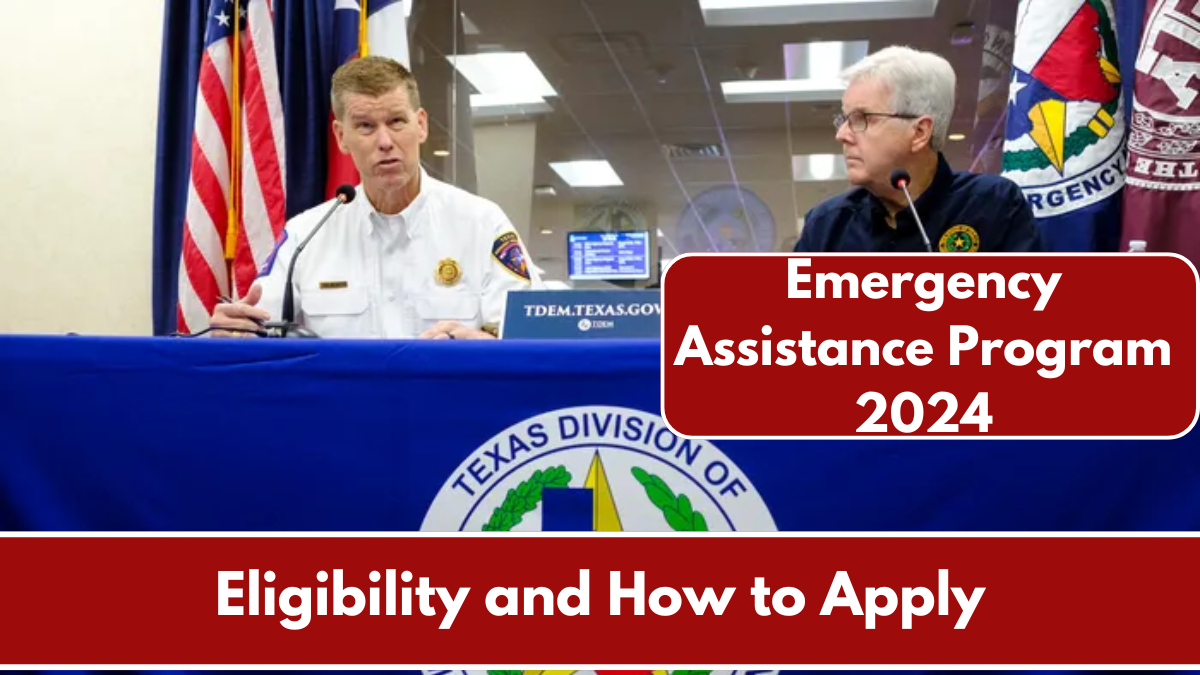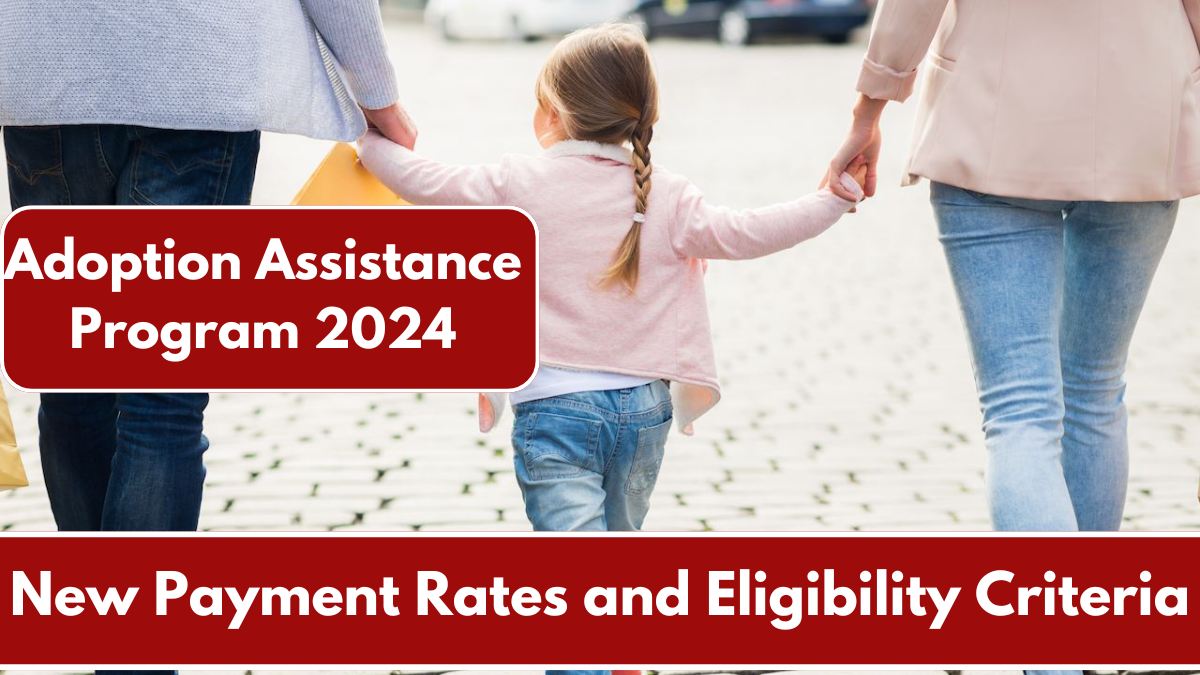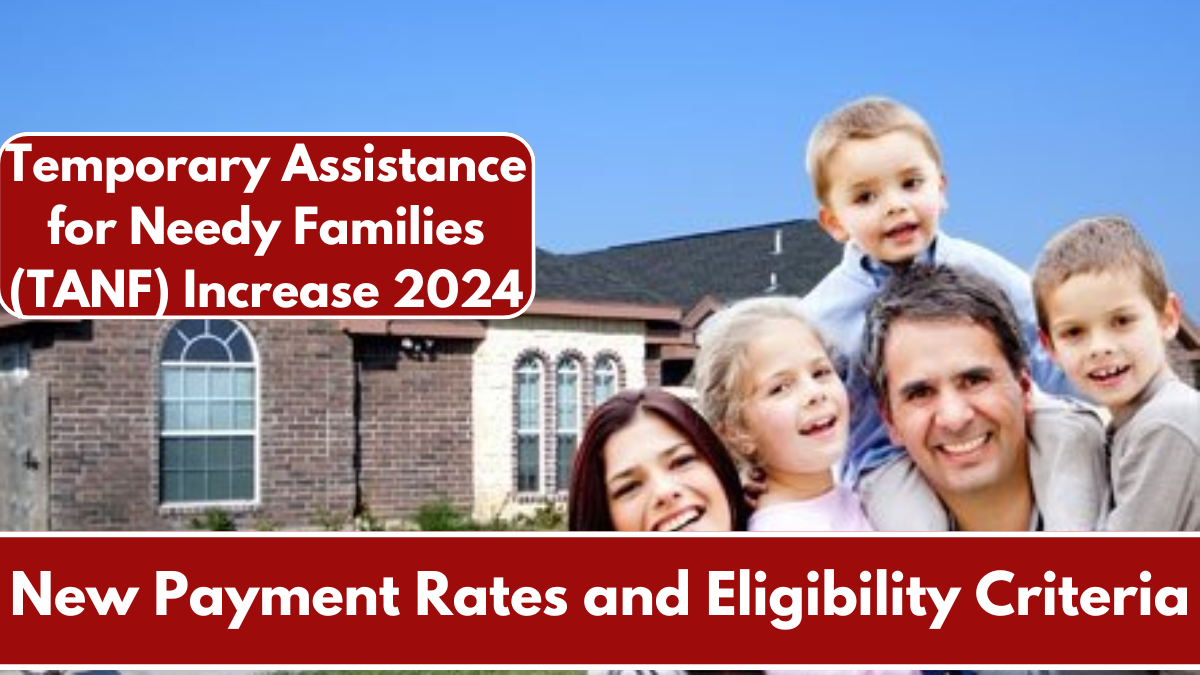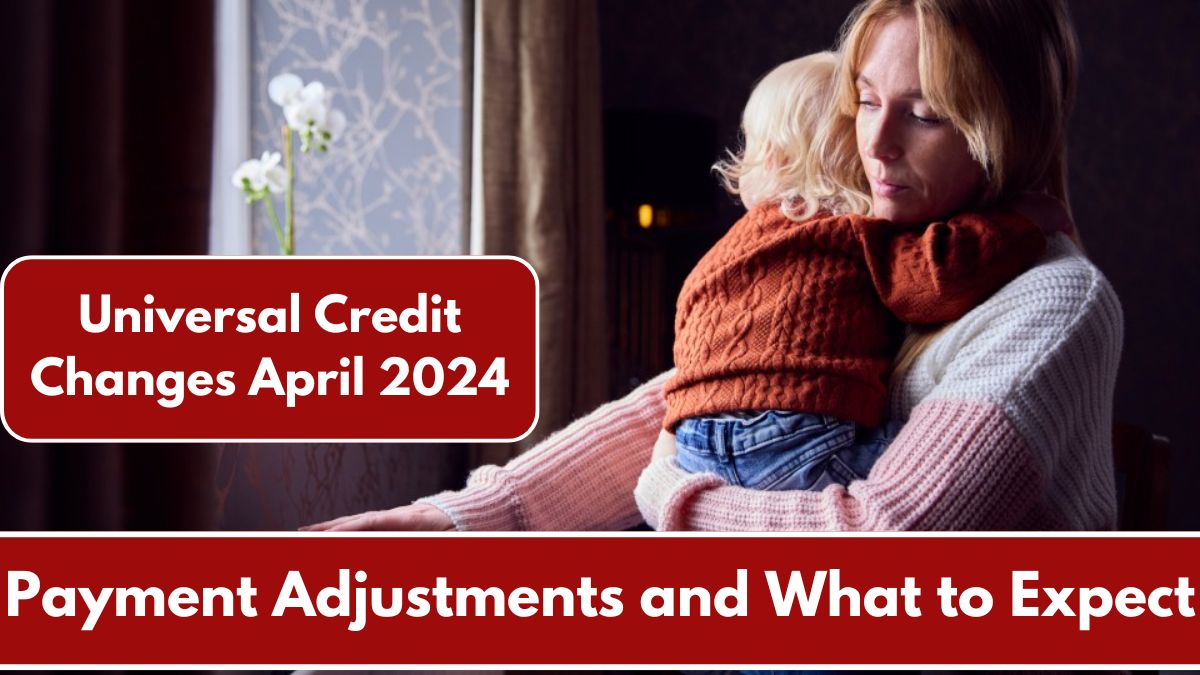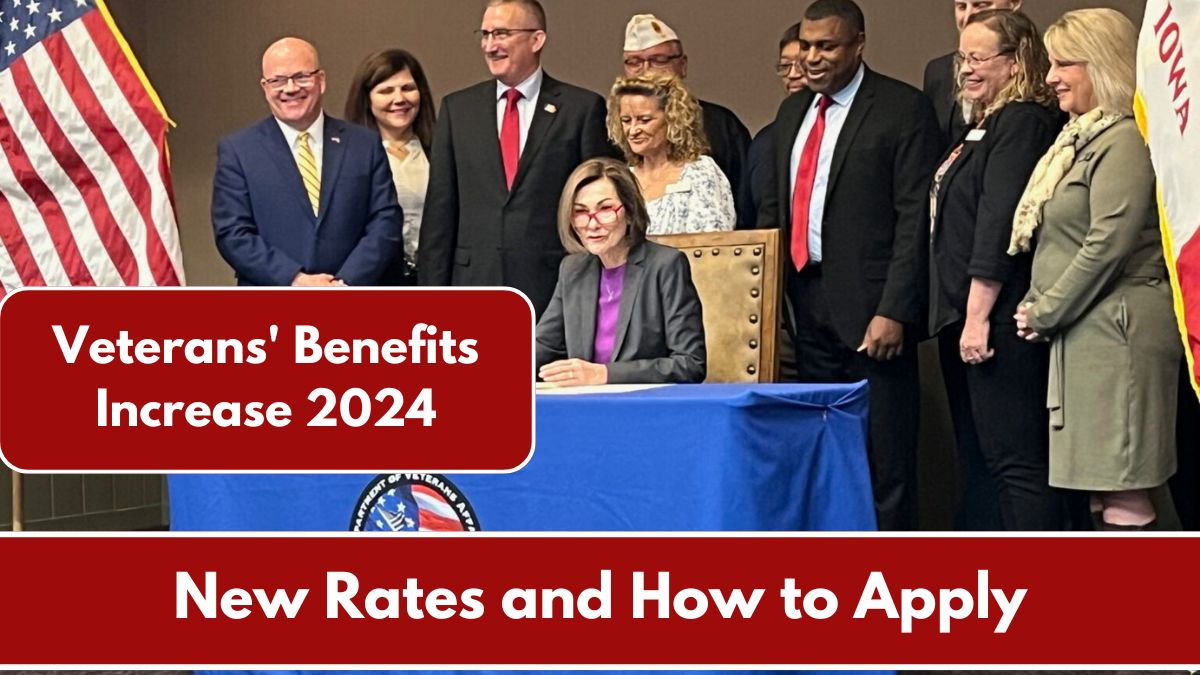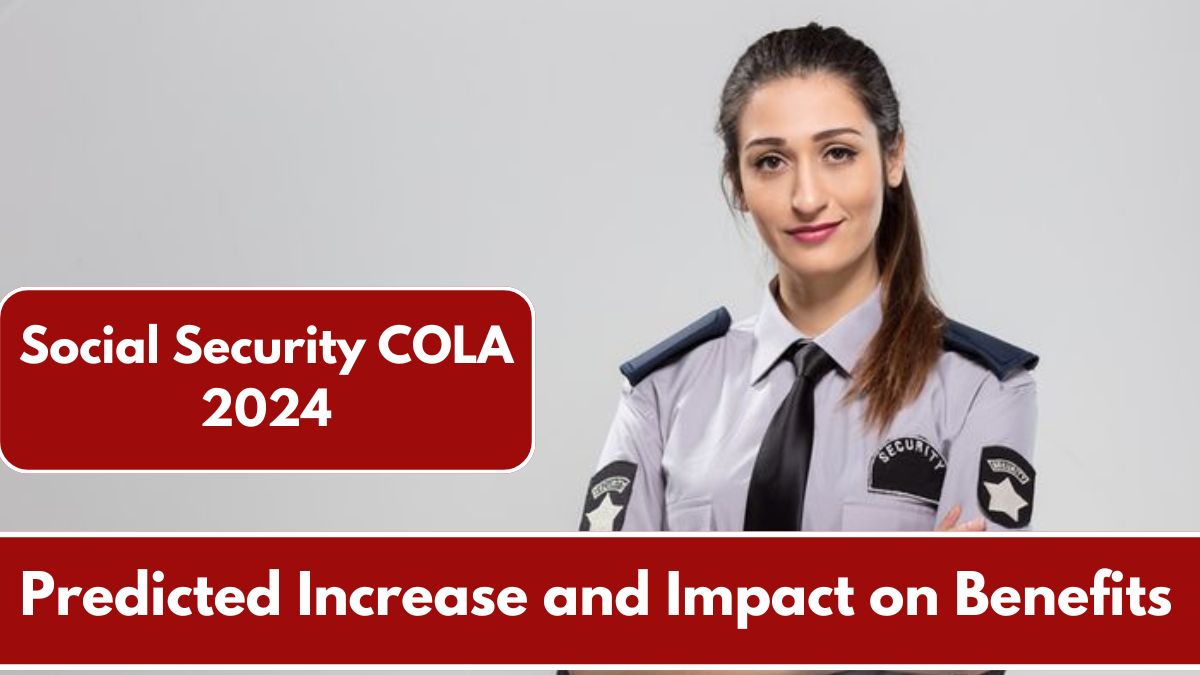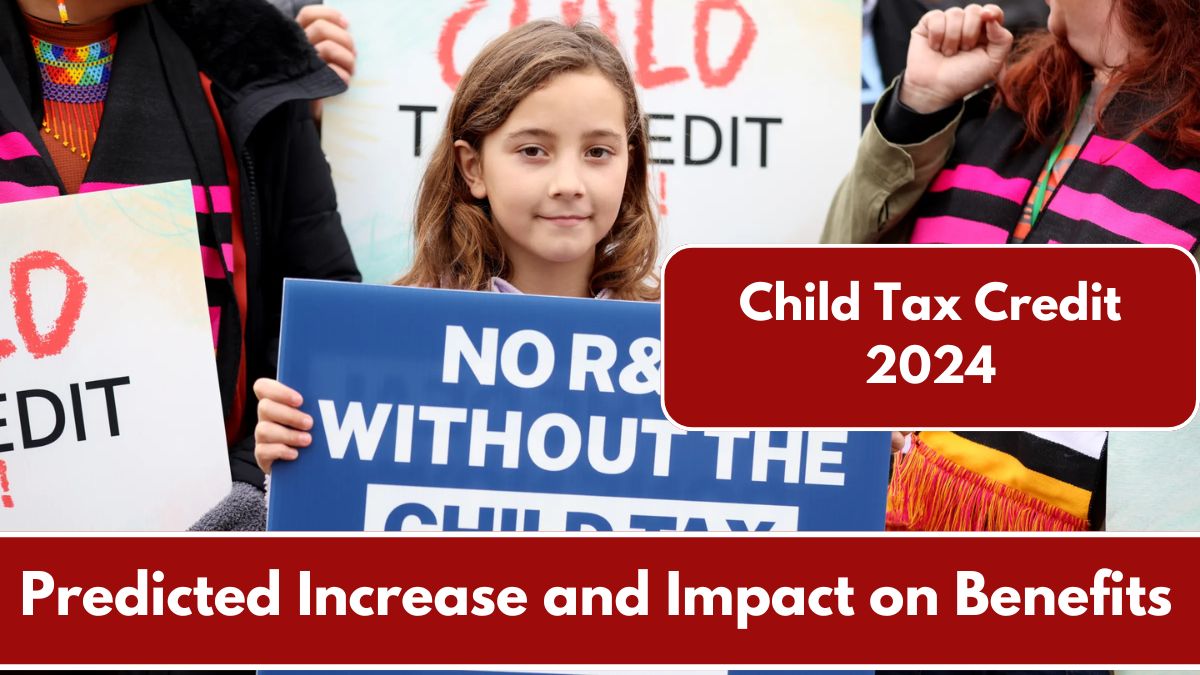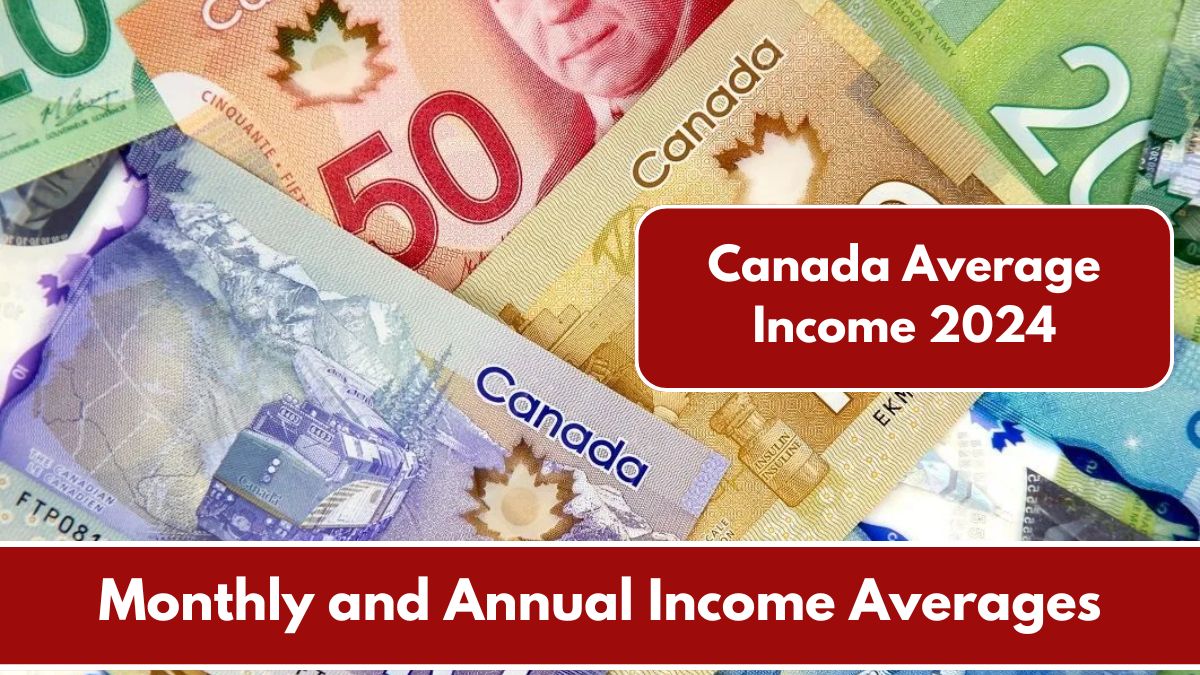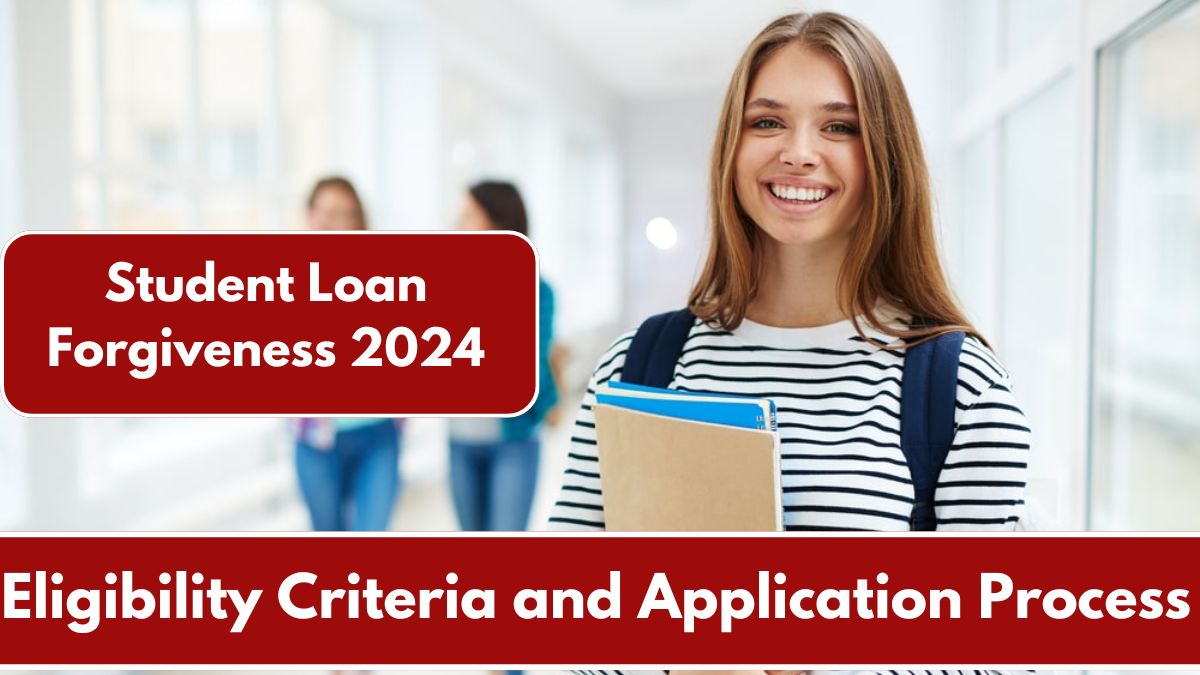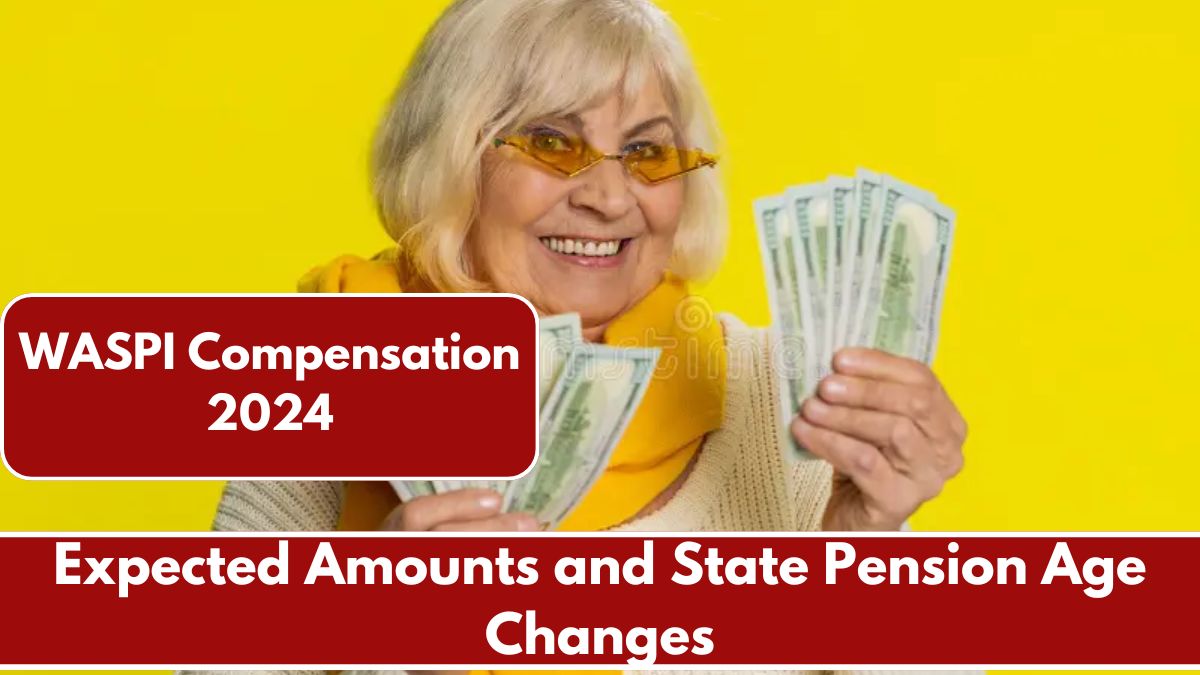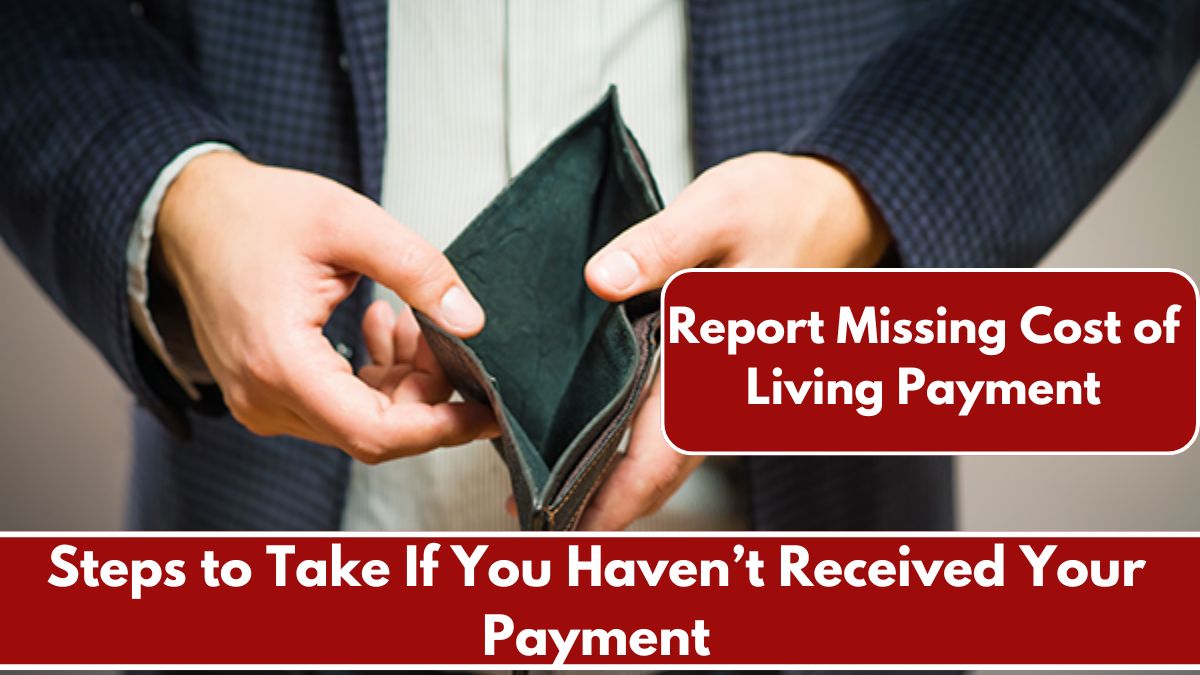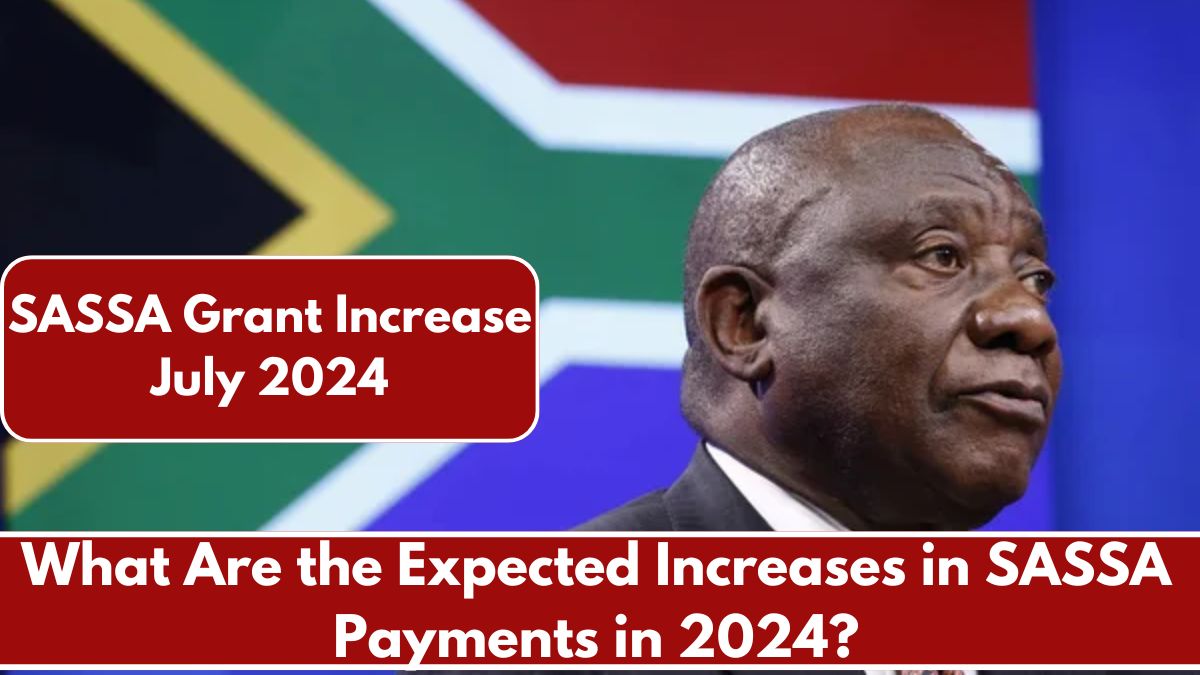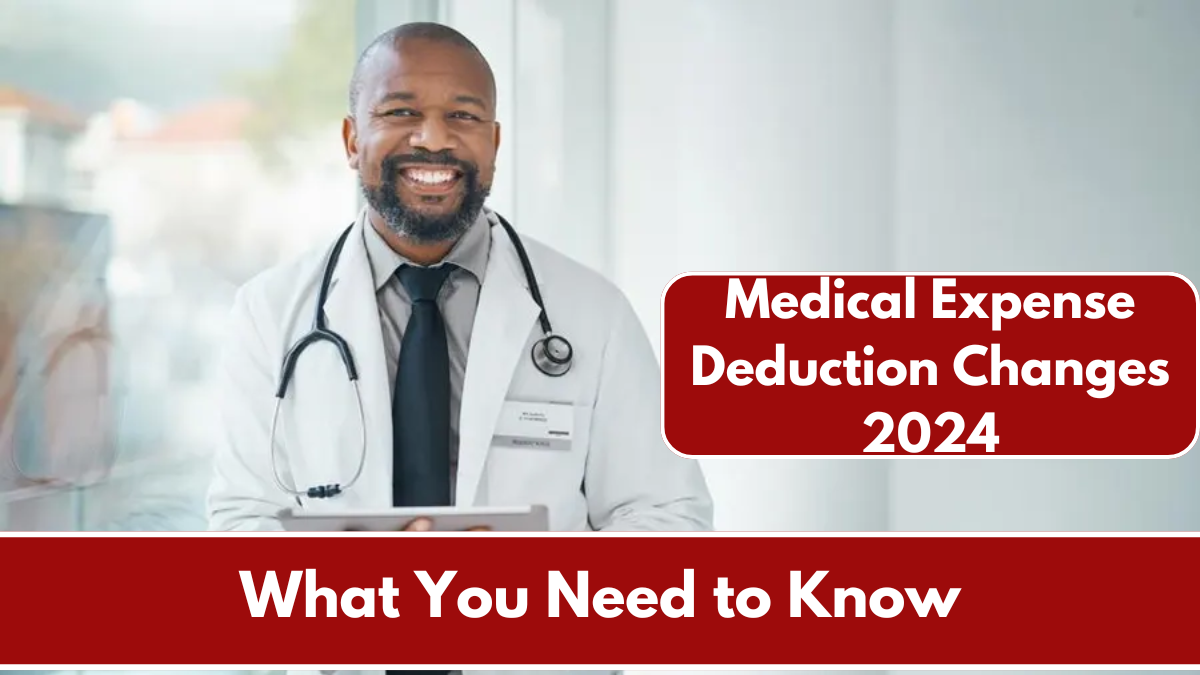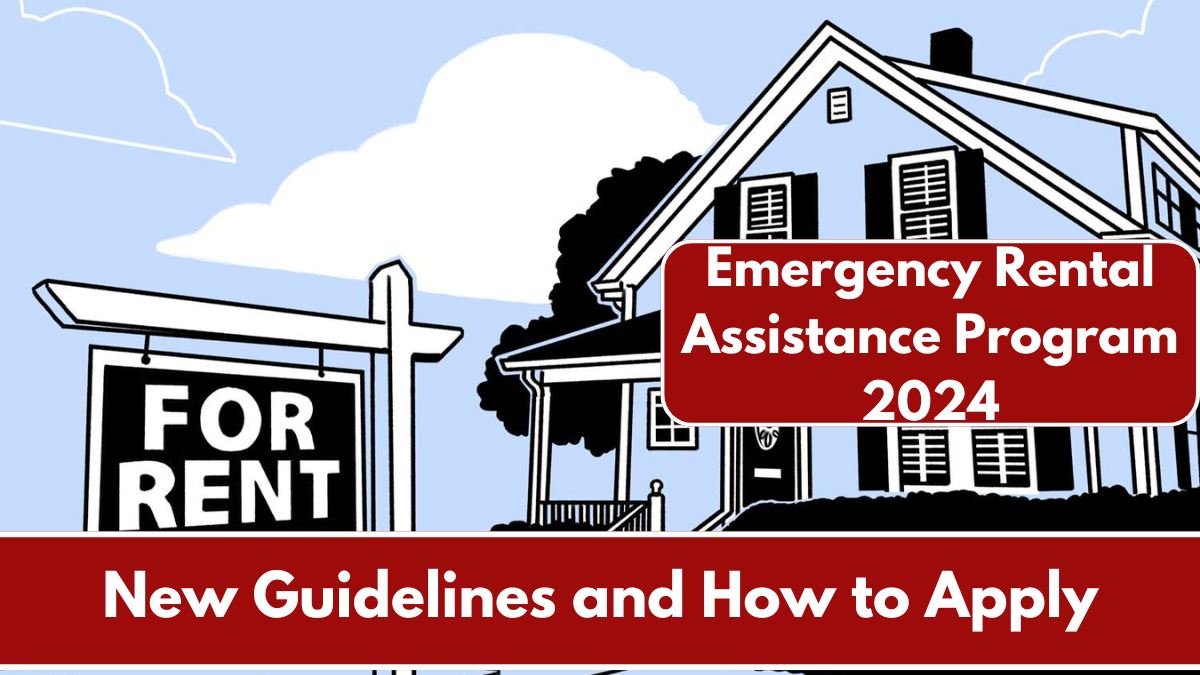Introduction:
The Emergency Assistance Program 2024 is designed to provide immediate financial support to individuals and families facing unexpected crises, such as job loss, medical emergencies, or natural disasters. This program aims to prevent homelessness, utility disconnections, and other hardships by offering timely aid. In this article, we will discuss the eligibility criteria, the application process, and answer some frequently asked questions (FAQs) about the program.
Eligibility
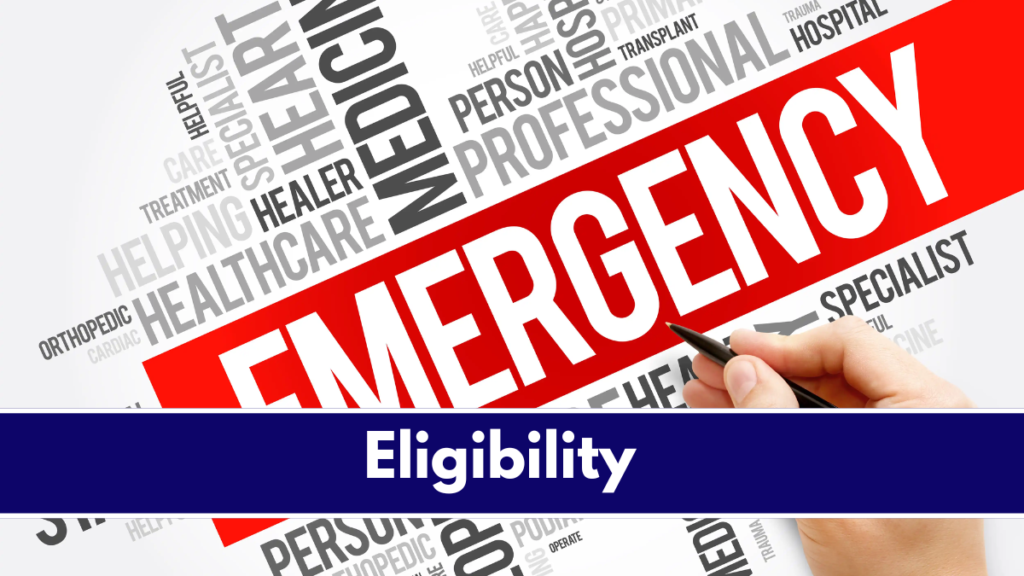
To qualify for the Emergency Assistance Program 2024, applicants must meet specific criteria. Below are the key eligibility requirements:
- Income Limits:
- Applicants must have a household income that falls below a certain threshold, typically set at 200% of the federal poverty level. Income limits vary by household size.
- Proof of Crisis:
- Applicants must provide documentation of an emergency or financial crisis, such as a job loss notice, medical bills, eviction notice, or proof of disaster-related damage.
- Residency:
- Applicants must be U.S. citizens or legal residents and must reside in the area or state where they are applying for assistance.
- Resource Limits:
- Some programs may consider the total value of assets owned by the household, excluding primary residence and one vehicle, to determine eligibility.
- No Other Assistance:
- Applicants must not have access to other forms of financial assistance that could resolve the crisis.
| Household Size | Income Limit (Annual) | Maximum Assistance Available |
|---|---|---|
| 1 Person | $26,200 | $1,000 |
| 2 Persons | $35,300 | $1,500 |
| 3 Persons | $44,400 | $2,000 |
| 4 Persons | $53,500 | $2,500 |
| 5+ Persons | $62,600 | $3,000 |
Note: Income limits and maximum assistance amounts may vary based on state regulations and specific program guidelines.
How to Apply
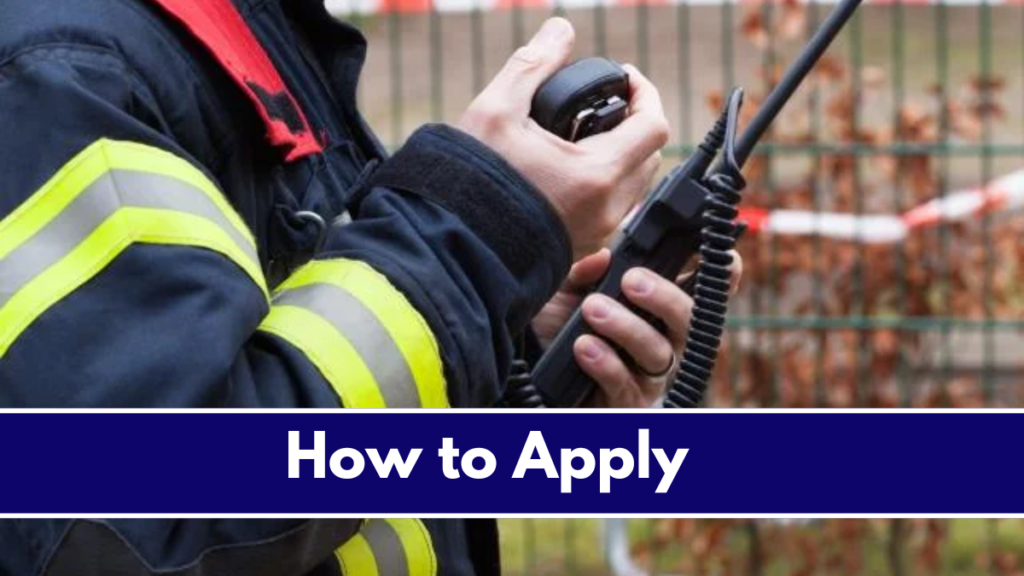
- Gather Documentation:
- Collect all necessary documents, including proof of income, identification, proof of residency, and any documentation related to the crisis (e.g., medical bills, eviction notice).
- Find Your Local Office:
- Contact your local social services office or visit their website to find out where and how to apply for the Emergency Assistance Program. Some areas may offer online applications, while others may require in-person visits.
- Submit Your Application:
- Complete the application form, ensuring that all information is accurate and complete. Submit the form along with your supporting documents by the specified deadline.
- Interview Process:
- Some programs may require an interview to discuss your situation in more detail. Be prepared to explain your crisis and how the assistance will help resolve it.
- Wait for a Decision:
- After submitting your application, it may take several days to weeks for the program to process your request. If approved, funds are typically disbursed directly to the service provider (e.g., landlord, utility company).
Conclusion:
The Emergency Assistance Program 2024 offers critical support for individuals and families facing unexpected financial crises. Understanding the eligibility criteria and knowing how to navigate the application process are essential steps in securing the assistance you need. Whether you’re dealing with a sudden job loss, medical emergency, or another crisis, this program provides the resources to help you stabilize your situation and avoid further hardship.
FAQ’s:
Q1. How long does it take to receive assistance after applying?
Processing times can vary, but most applicants receive a decision within 14 to 30 days. Emergency situations may be expedited.
Q2. Can I apply if I have already received assistance this year?
Some programs have limits on how often you can receive assistance within a year. Check with your local office for specific rules.
Q3. What types of emergencies qualify for assistance?
Qualifying emergencies include job loss, medical emergencies, eviction, utility disconnection, natural disasters, and other sudden financial crises.
Q4. Is the assistance a loan that needs to be repaid?
No, the Emergency Assistance Program provides grants, not loans, so the funds do not need to be repaid.
Q5. Can I apply if I am not a U.S. citizen?
Only U.S. citizens and legal residents are eligible for this program. However, some states may offer similar programs for undocumented residents.

